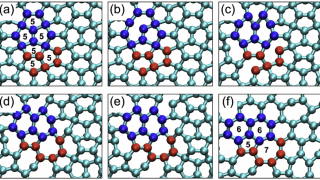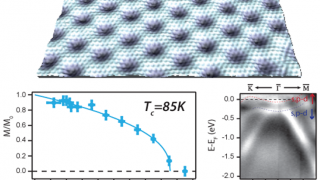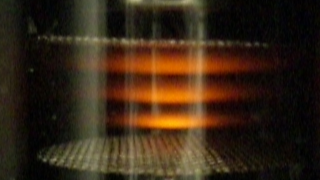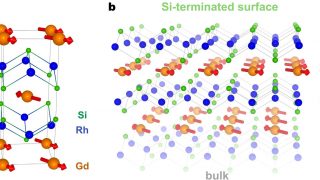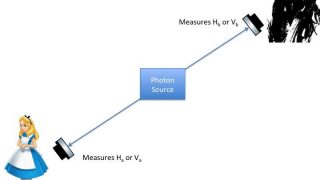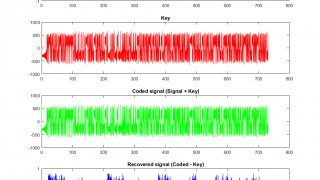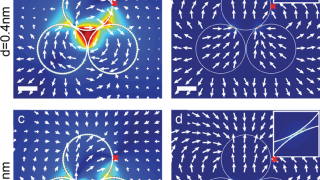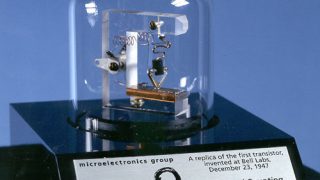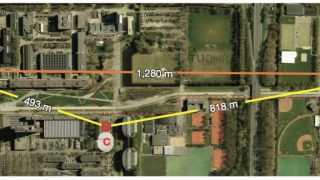
The loophole-free quantum entanglement experiment (5): The Delft experiment
In previous posts, we have reviewed the different loopholes of Bell experiments. To make a long story short, entanglement experiments are based on measuring some magnitudes in two quantum systems, calculating a value based on the outcomes of these measurements, and if this value goes beyond a certain threshold we can say that the universe […]
